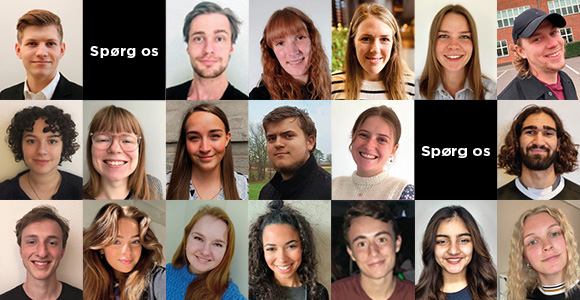The medical study programme at the University of Southern Denmark is unique
If you want to help and work with people, and if you have the will to learn from and about people, Medicine is perfect for you.
The medical study programme links the enormous biological knowledge with the diseases that people can be affected by, and during the study programme, you will be taught a wide range of topics such as the musculoskeletal system, genetics, molecular medicine, the brain, nutrition and the circulatory system.
In the programme, you will train in and practice skills to be able to develop professionally as a doctor. During the study programme, you will be confronted with many medical case stories that you must try to solve, and you will train both communicative and practical skills in both the skills laboratory and in real life.
As a doctor, you will be able to prevent, diagnose and treat diseases using the latest knowledge and technological advances. You will therefore never be fully trained as a doctor, and you have an obligation to keep your knowledge up to date. Therefore, it also requires commitment and motivation for lifelong learning if you want to become a doctor. The medical study programme at the University of Southern Denmark is the first step in this direction.
To become a doctor, you must supplement your Bachelor’s degree programme with a 3-year Master’s degree programme. From 2022, it will be possible to study for a Master’s degree in Esbjerg if you are already now applying for the medical study programme in Odense.
Why study Medicine?
- The medical study programme at the University of Southern Denmark is unique, partly because theory and practice are combined in a patient-oriented examination form.
- You will meet the patients already during your education programme, and you will learn to apply your theoretical knowledge.
- During the study programme, there are clinic internships where you will serve at a hospital or a general practitioner’s clinic, where you will meet patients and learn how to admit, examine, treat and inform them.
